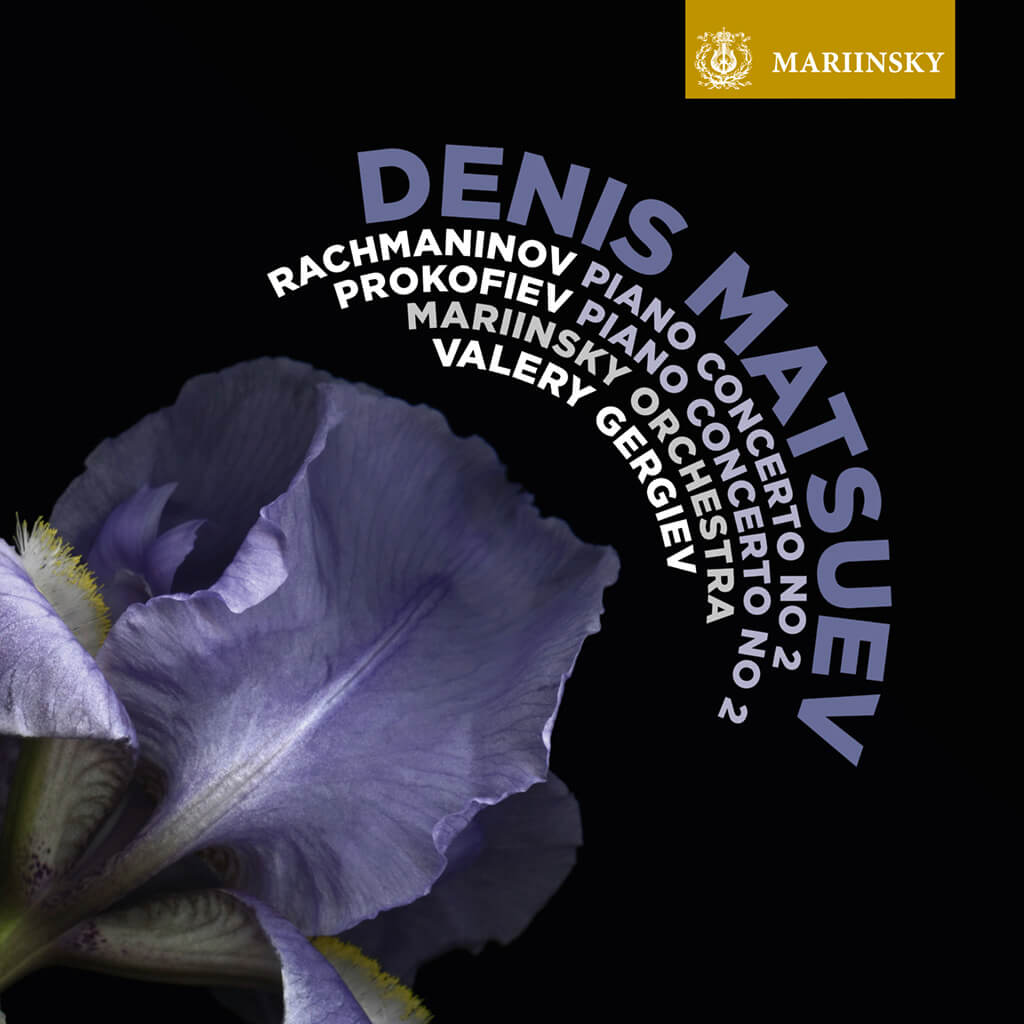
The Mariinsky Orchestra (St. Petersburg, Russia) probably tours more than any other orchestra in the world and Toronto has become one of its favourite destinations. The orchestra and its conductor Valery Gergiev pay yet another visit to the city on Friday, November 10. Their all-Russian program will include the Symphony No. 9 by Shostakovich, the Prokofiev Piano Concerto No. 2 with Denis Matsuev as soloist, and the Symphony No. 3 “The Divine Poem” by Scriabin.
Although the Mariinsky is unquestionably a fine band and Gergiev is one of the busiest maestros in the world today, one has to wonder whether their jam-packed schedules allow them to give of their best on a regular basis; recent concerts and recordings suggest that all this frenetic activity is taking its toll.
Under Gergiev, St. Petersburg’s Mariinsky Theatre has become Russia’s leading venue for opera and ballet. A few years ago, the Mariinsky added a second full-size theatre and now offers opera, ballet or concerts in both houses nearly every night of the year. The Mariinsky Orchestra still manages to tour nearly two months each year, and Gergiev is either in the pit at the Mariinsky or conducting a concert somewhere in the world almost every night of the year; it is not uncommon for him to fly in at the last moment to conduct a concert with either no rehearsal or after rehearsals conducted by an assistant.
This newest release on the Mariinsky label, which features one of the works to be performed later this week in Toronto, provides evidence that conductor and orchestra need to think about giving fewer concerts, making fewer recordings and spending more time on the project at hand.
Pianist Denis Matsuev, who won the Tchaikovsky Competition in 1998 at the age of 23, has become one of Gergiev’s favourite soloists. He tours regularly with the Mariinsky Orchestra, and they have often recorded together. An incredible technician, Matsuev delivers plenty of fireworks on this new recording, but displays little interest in the subtleties of the score. Gergiev and his orchestra do little to support Matsuev’s reading, and the engineers don’t help at all; in one passage after another in which the orchestra ought to be prominent, it is nearly inaudible.
In this recording, Rachmaninov’s Piano Concerto No. 2 is given a performance that seldom rises above the routine and at times is simply ill-conceived; for example, in letter 2 in the first movement, where the piano should drop down to mf to allow the cellos to come through, Matsuev barrels right through with no reduction in dynamics, totally covering the cellos. The second movement begins with a slow and very soft introduction in the strings. Here, it is way too fast and too loud. At letter 27, Matsuev just pounds out the right-hand chords, with no concern for the dynamic gradations in the score and the lovely flute and clarinet configuration might as well not be there at all. At letter 32 in the last movement, the cymbals are totally inaudible.
Prokofiev’s Piano Concerto No. 2 is a fascinating piece. Composed in 1912, the score was lost and reconstructed by the composer ten years later. One of the most difficult concertos in the repertoire, its first movement cadenza – five minutes long – is nearly half the length of the entire movement. Matsuev gives the piece a spectacular performance, but Gergiev and his players again seem to be in another room; the thrilling orchestral crescendo at the end of the cadenza barely registers at all.
Among recent recordings of the Prokofiev, one that stands out features pianist Yuja Wang with Gustavo Dudamel leading the Simon Bolivar Symphony Orchestra of Venezuela (DG 1910202). Wang is, in every way, a match for Matsuev in the virtuosity department and she plays with far more colour and wit – frequent attributes of Prokofiev’s music. In addition, Dudamel and his orchestra are equal partners on this live recording, the sound quality is superb, and we can really hear and appreciate the wonders of Prokofiev’s orchestration.
Gergiev recently recorded all the Scriabin symphonies with the London Symphony Orchestra (Scriabin: Symphonies Nos. 3 & 4, LSO 0771). One might think that this would be ideal repertoire for Gergiev, but alas, these recordings too are seriously lacking in involvement and interpretative insight.
Although I have heard Gergiev and the Mariinsky Orchestra give stunning performances over the years, too often, they seem to be on automatic pilot. Let’s hope they can summon up some energy and inspiration for Friday’s Roy Thomson Hall performance.
The CD is available at Mariinsky.
#LUDWIGVAN
Want more updates on Toronto-centric classical music news and reviews before anyone else finds out? Follow us on Facebook or Twitter for all the latest.